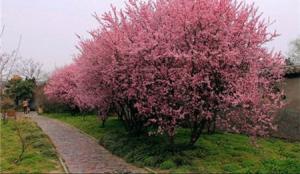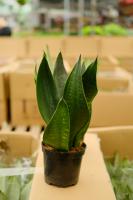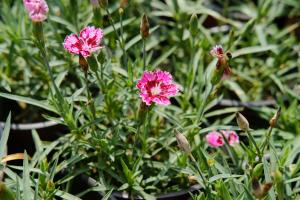Can Plants have Tap Water?
Tap water is a convenient and accessible source of water for everyday use. However, when it comes to watering plants, many people wonder if tap water is safe for them. So, can plants have tap water? The answer is not a simple yes or no. It depends on some factors, which we will discuss in this article.
The Composition of Tap Water
Tap water is a mixture of different minerals, chemicals, and impurities. It varies depending on the source and location. Typically, tap water contains chlorine, fluoride, and other additives that are not present in natural water. These additives can affect the health of plants, especially if they are sensitive to their content.
One of the main components of tap water is calcium carbonate, which can cause mineral buildup on the soil if used excessively. This buildup can affect the pH level of the soil, making it too alkaline for some plants to thrive. In contrast, tap water may not contain enough minerals for some types of plants to grow healthily.
The pH Level of Tap Water
The pH level of tap water can also affect the growth of plants. The ideal soil pH level for most plants is between 6.0 to 7.5. However, the pH level of tap water may fall outside this range, especially in areas with hard water. Hard water has a high level of dissolved minerals, such as calcium and magnesium, which can make the water too alkaline for some plants.
On the other hand, soft water may be too acidic for some plants due to its low pH level. Soft water has a low level of dissolved minerals and can contain high levels of chlorine and other chemicals that can be harmful to plants if used in excess.
Treating Tap Water for Plants
To make tap water suitable for plants, there are several methods you can use. The first method is to let the water sit for a day or two before using it. This allows the chlorine and other chemicals to evaporate, making the water safer for plants. However, this method may not work for areas with hard water as the dissolved minerals will remain in the water.
You can also use a water filter or a reverse osmosis system to remove impurities and minerals from tap water. This method ensures that the water is safe and healthy for plants, but it can be costly and time-consuming. Another option is to use rainwater or distilled water, which is free from minerals and chemicals.
Conclusion
In conclusion, can plants have tap water? Yes, they can, but it depends on the composition and pH level of the water. You may need to treat the water before using it to ensure that it is safe and healthy for your plants. You can also consider using alternative sources of water, such as rainwater or distilled water, if you want to avoid the chemicals and minerals present in tap water. Ultimately, the health of your plants depends on the quality of the water you use to water them, so choose wisely.

 how many times do yo...
how many times do yo... how many planted tre...
how many planted tre... how many pine trees ...
how many pine trees ... how many pecan trees...
how many pecan trees... how many plants comp...
how many plants comp... how many plants can ...
how many plants can ... how many plants and ...
how many plants and ... how many pepper plan...
how many pepper plan...































